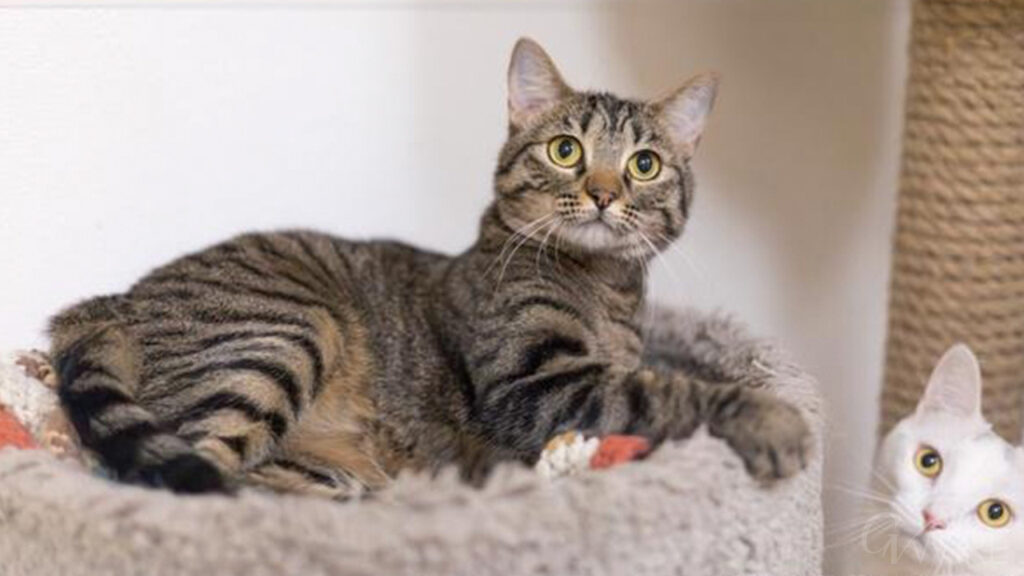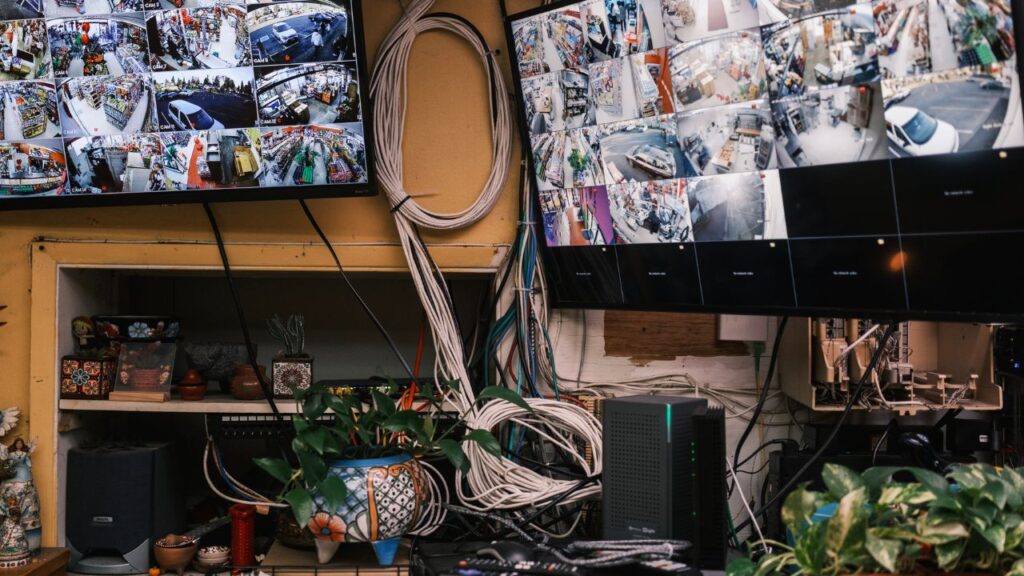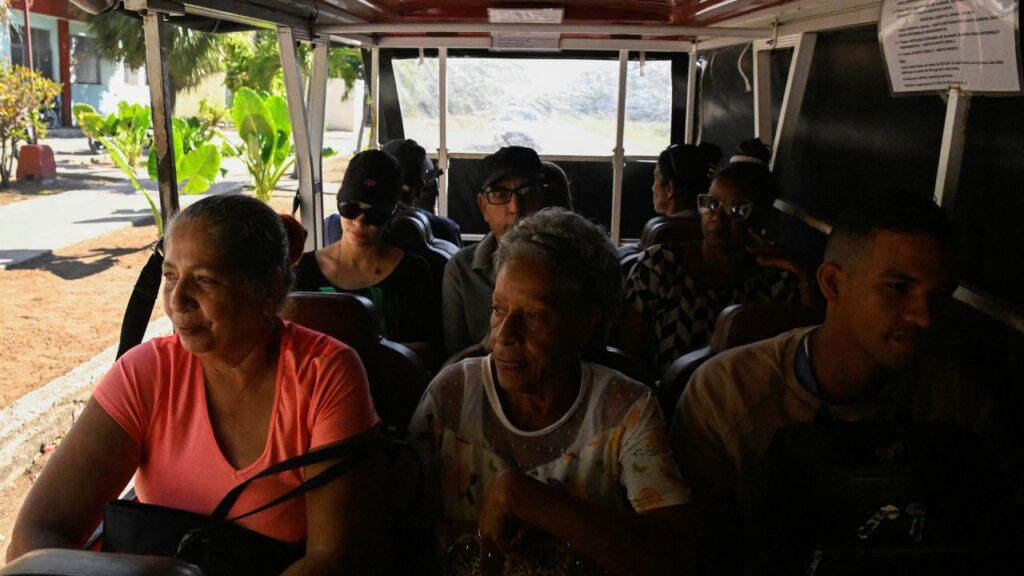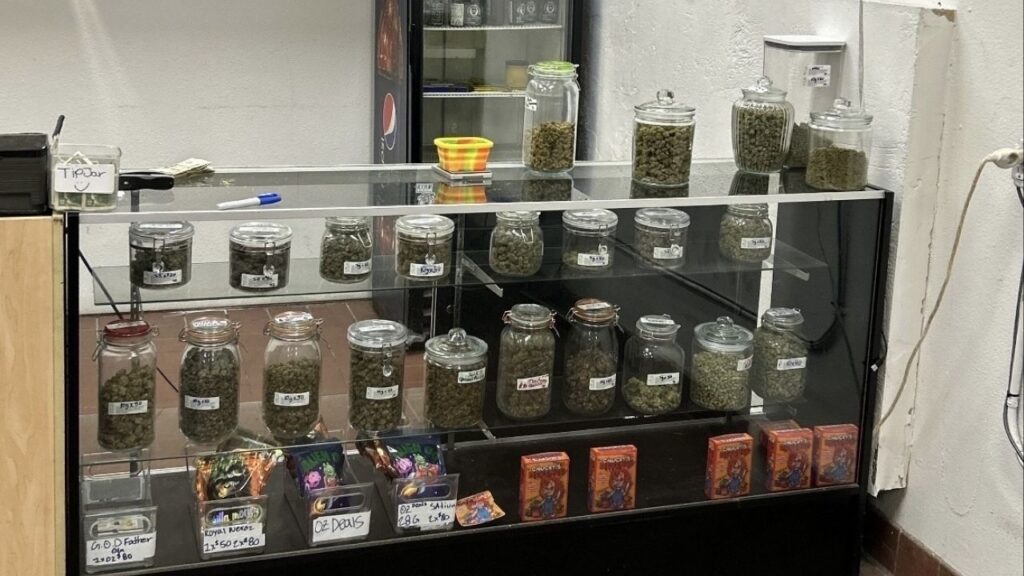Share
Just how much do Fresno County residents love Fresno State? Enough to willingly pay higher sales taxes for the next 20 years?
Proponents of a proposed ballot measure, the “California State University, Fresno Facility and Academic Program Improvement Initiative Measure,” are betting that there are enough Fresno State graduates, family members, and friends who will vote in favor of a 0.2% sales tax — which Tim Orman, a longtime local political consultant who is the campaign’s spokesman, says would add a penny to the price of a $5 latte.
If the measure passes, backers estimate it would raise $36 million yearly, or $720 million over 20 years, that would be used to expand access to nursing, agriculture, criminology, and engineering/STEM programs; repair and upgrade academic and other facilities, including women’s and men’s athletic facilities; and provide scholarships for local low-income students. Local is undefined.
Two-thirds of the revenues would be devoted to improving academic buildings, programs, and paying for scholarships, with the remaining third going to repair and upgrade athletic facilities.
The Fresno State improvement zone sales tax might be competing for approval on the November ballot with Fresno County’s controversial Measure C transportation tax renewal as well as Measure V, a sales tax measure proposed by Fresno City Councilman Luis Chavez to fund a Fresno veterans’ district.
University Benefits from Community Support
Fresno State has a long history of getting help from the community for campus improvements. The football stadium, now named Valley Children’s Stadium, was built in the late 1970s as a result of a $7.2 million community fundraising effort. Similar efforts in subsequent years paid for upgrades such as skyboxes, lighting, and turf replacement. The stadium’s name was changed this month after the CSU Board of Trustees approved a $10 million, 10-year naming rights agreement.
Philanthropic donations have helped underwrite the construction of a number of buildings, including the Lydia and Stewart Resnick Student Union and the Jordan Agricultural Research Center.
But the university’s needs far outstrip the community’s resources, Orman said. Unlike other regions of California, the Valley is not blessed with enough community affluence to meet those needs.
Whereas K-12 school districts and community college systems like State Center can ask voters to approve bond measures for facilities improvements, that’s not the case for the UC and CSU systems, Orman said. “The numbers of what was needed was so big, and the availability of resources not ever closing the gap,” he said. “Organically, that led to the idea of a sales tax.”
Community members consulted with “top” university administrators and then devised a plan for the sales tax proposal. Orman said he became involved in the conversation last September or October. He declined to identify the university administrators involved in the conversations.
“I don’t think they can take an official position, but they haven’t told us ‘don’t do it,’ ” Orman said.
The measure’s major financial backer is local builder, Richard Spencer, whose firm Harris Construction has won on-campus construction jobs over the years.
In addition to Spencer, the ballot measure organizers are two former school district superintendents, Terry Bradley of Clovis and Marc Johnson of Sanger, and Dora Westerlund, who heads the Fresno Area Hispanic Foundation.
Needs Are Great
Fresno State spokeswoman Lisa Bell confirmed that university officials provided “relevant information” to the community organizers behind the sales tax measure proposal.
Fresno State’s estimated backlog of repairs and upgrades is in excess of $500 million, and that doesn’t include another $308 million projected for repairs and upgrades for “auxiliary operated facilities” such as Bulldog Stadium, Save Mart Center, and student housing, Bell said.
“The idea for this ballot measure originated in the community and not within the University. … We are appreciative of the many ways our community supports Fresno State,” she said in an email to GV Wire.
Fresno State has not taken an official position on the local sales tax proposal, and it’s not being initiated, funded, or directed by the university or any of its auxiliary organizations, Bell said. When asked how any sales tax money would be funneled to the university for academics and athletics, she said, “It would be premature to provide any further specifics.”
First of Its Kind?
Toni Molle, the CSU’s director of public affairs, said officials were unaware of any previous or current county-specific sales taxes to benefit a CSU campus.
The California Department of Tax and Fee Administration lists the active district tax rates by counties across California, and they include local taxes for general use as well as targeted for health care, the homeless, public safety, transportation, fire and emergency medical services, parks, water, sewer, and storm drains, and one Zoo Authority — Fresno County’s. But there’s no sales tax to benefit a CSU campus.
Dr. Alan Auerbach, the Robert D. Burch Professor of Economics and Law and director of the Burch Center for Tax Policy and Public Finance at UC Berkeley, said that as far as he knows the proposed Fresno State sales tax would be the first of its kind in the state.
Auerbach said the sales tax backers can rightfully argue the public benefit that Fresno State provides to the region, and also how woefully underfunded higher education in California is generally and has been in recent decades. For example, he said, UC Berkeley, the state’s flagship university, gets only about 8% of its budget from the state.
Universities such as Fresno State not only provide an educated workforce for the region but can generate start-ups, local research opportunities, and other business ventures that bolster the economy, Auerbach said.
While it might be somewhat nontraditional for a county to financially bolster a state university, “I don’t see anything wrong with it,” he said. “… Given the range of crazy things I’ve seen on the ballot, this is certainly not one of the crazier ones.”
Berkeley itself is a case study in the difficulty of financing campus improvements. Memorial Stadium, which lies on top of the Hayward Fault, was at risk of a catastrophic failure if a large earthquake hit, so an earthquake retrofit was necessary for public safety. But the university expanded the project to include a student-athlete center, raising the total to more than $470 million. The project was supposed to be financed by the “Endowment Seating Program,” but poor sales have not yielded the support that backers had envisioned, and the university is struggling with a huge debt that will take decades to pay off.
“Kudos for Fresno State to get the community to help pay for it,” Auerbach said.
Citizen Oversight or JPA
If approved by voters, the Fresno State improvement zone sales tax measure would establish a five-member Citizens’ Oversight Committee to “direct and control” the use of the tax revenues, oversee the issuance of bonds, and provide an annual audit report to the Board of Supervisors. The committee members would be appointed by the Board of Supervisors.
The ballot measure also includes language to create a joint powers authority that would supersede the committee in terms of directing the use of the tax revenues and issuance of bonds. In the event a JPA is created, the committee would be advisory only.
The JPA would be similar to the one that was established between the county and Fresno Chaffee Zoo prior to the approval of the first Measure Z sales tax, Orman said. It would be up to the Fresno County supervisors to decide whether to establish a JPA giving the county and Fresno State, or the CSU, oversight over the spending of tax revenues and issuing construction bonds, he said.
The two-tenths of a cent sales tax — which would add a penny to a $5 latte, $12 to a $600 dishwasher, and $800 to a $40,000 car — would be on top of existing sales tax: the state’s 7.25%, Fresno parks’ 0.375%, the Fresno County Transportation Authority’s 0.5%, the Fresno County Public Library’s 0.125%, and Fresno Chaffee Zoo’s 0.1%.
The proposed Measure V for a Fresno veterans district would add a 0.125% sales tax if voters approve it in November. It’s not yet on the ballot but is scheduled for consideration at Thursday’s City Council meeting.
The Fresno State improvement zone sales tax would be 0.025% in Reedley, which already has a 0.5% sales tax for public safety and 0.75% sales tax for the city.
A Simple Majority to Pass — For Now
It remains to be seen whether organizers will be able to convince Fresno County voters to take on yet-another sales tax. Laura Dougherty, director of legal affairs for the Howard Jarvis Taxpapers Association, said a local tax to support a state entity such as Fresno State would be unusual, to say the least: “It seems very odd to take county money and give it to the state.”
The proposed sales tax would raise public money that would go to a public institution, so there’s no question about a gift of public funds going to a nonpublic entity, she said.
Spencer’s connection with the construction industry makes his support of the tax proposal “very convenient,” she said.
Dougherty said she would question whether Fresno County would actually have control over how the tax dollars would be spent, since Fresno State’s budget is set and approved through the CSU, which also sets the budgets for the other 22 university campuses.
As a local initiative, the Fresno State improvement zone sales tax would need to pass only by a simple majority as a result of recent case law.
But a potential upcoming statewide measure could nullify simple majority approval, Dougherty said.
The Taxpayer Protection and Government Accountability Act initiative would amend the state Constitution to increase voter control over how the state and local governments can impose taxes, fees, and other charges.
Backers of the initiative had initially planned to put it on November’s ballot but decided to delay until the November 2024 ballot. If it passes then, any ballot measures for tax increases approved after Jan. 1, 2022 would retroactively have to meet the two-thirds majority requirement for passage instead of a simple majority. So unless it were to pass by a two-thirds majority, the Fresno State sales tax might have a short life, Dougherty said.
Orman says backers of the local measure are optimistic it will garner widespread support, based on early polling and signature-gathering efforts. The backers need to collect 25,000 signatures that will then need to be verified by the Fresno County Clerk’s Office before the measure can get on the ballot.
Early polling showed some support for the ballot measure, and as Fresno County residents learned more about what the sales tax will mean for Fresno State, “the greater the support,” Orman said. “There are a lot of Fresno State graduates and families of Fresno State graduates in the community.”
RELATED TOPICS:
Categories

Hey Ilia, America Is Still Proud of You.


















